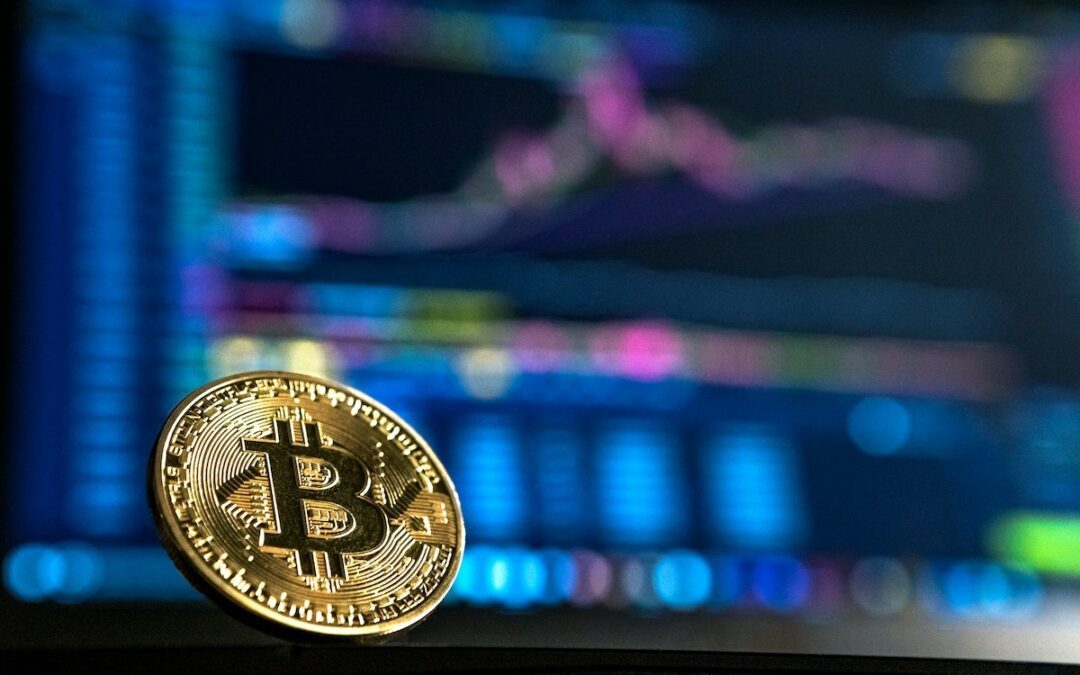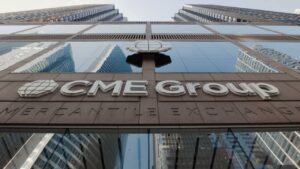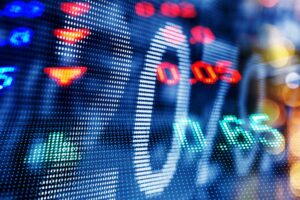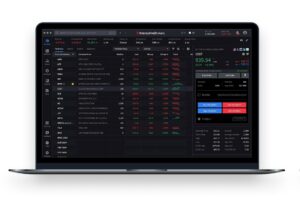The Dutch Authority for the Financial Markets (AFM) is concerned about market manipulation in relation to trading in cryptos.
Crypto pump-and-dump is a form of market manipulation to which investors can potentially fall victim. Organising and participating in a pump-and-dump scheme will be banned under the new Markets in Crypto-Assets Regulation (MiCAR).
Trading in cryptos regularly involves market manipulation in the form of pump-and-dump schemes. The participants try to inflate (pump) the price of large amounts of a crypto and then cash out by selling (dump) them.
The new Markets in Crypto-Assets Regulation (MiCAR), which enters into effect on 30 December 2024, will ban pump-and-dump schemes. The AFM will supervise and enforce this.
In preparation for its forthcoming supervision, the AFM investigated three cases of market manipulation by pump and dumps. It analysed social media activity and price fluctuations, allowing it to identify a specific pattern.
A pump and dump typically works as follows:
- The organiser selects the crypto (and platform) used for the pump and dump. The organiser buys large amounts of a crypto before the general public (at a low price).
- The organiser spreads information about this crypto via social media, often using terms like ‘pumping’, ‘to the moon’ and ‘FOMO’. Extremely high returns, of up to 800% in some cases, are also promised. Finfluencers may also be involved in this stage.
- The general public (mainly consumers) buy the crypto, causing the price to increase.
- When the price is high, the organisers sell (dump), pocketing huge profits. The price falls at the expense of consumers.
- Consumers are left with a virtually worthless crypto and a hefty loss.
The Markets in Crypto-Assets Regulation (MiCAR) is designed to elevate the crypto sector’s maturity and enhance investor protection. However, MiCAR will not eliminate all risks in the crypto sector. The AFM warns that trading in cryptos carries significant risks and advises consumers to ensure they are well-informed prior to engaging in it. In addition, they should only trade using their own money which they can spare.









